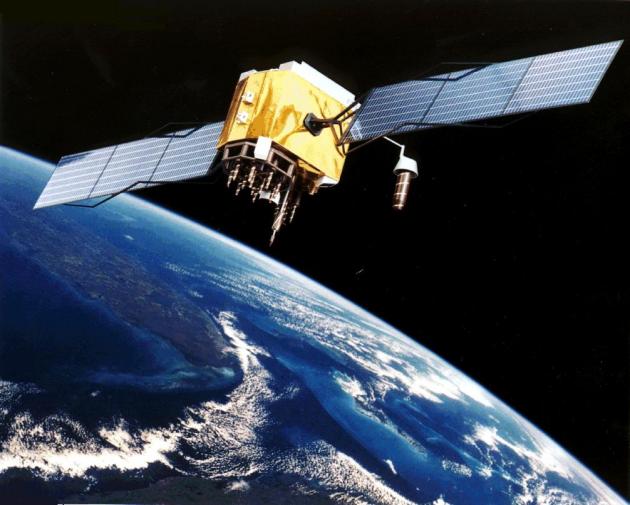GPS Was Born Out of Tragedy
2013.10.10

GPS is one of those technologies everyone is so grateful for. Back when I was working in sales, I used a physical map to get around. Today, directions are just a click away.
The technology is relatively young, and it has more history to it than you can imagine. In fact, it took a tragedy for it to be mainstream.
During a tense period of the Cold War, Korean Air Lines Flight 007 strayed into USSR airspace by mistake on its way to Seoul. It was shot down by a Soviet fighter jet, and while theories of the deviation was due to pilot navigational error, it was because of that U.S. President Reagan issued a directive that the satellite navigation project under development should be freely available for civilian use too.
The constant fear of Soviet aggression made funds for military projects readily available back in the 1960s. So Navstar-GPS was born. The Army sent up a surveying satellite known as SECOR, the Navy launched the rudimentary TRANSIT satellite navigation system to guide missile-carrying subs, and the Air Force invested in a similar navigational system called Project 621B for their fighter jets and bombers.
The principles behind GPS haven't changed much. The U.S. Air Force has a constellation of satellites (currently 27, plus a few backups), orbiting at about 20,000 kilometers from the Earth’s surface. They are designed to have a line of sight to any place on Earth to a minimum of six satellites at any given time. Each of them send out a constant stream of data from current time to the satellite's position.
Radio waves travel at the speed of light and it knows the position of each satellite and the time it transmitted a message. Using this and some math, it determines the distance between the receiver to the satellite, and it combines the input from three or more different satellites in a process called triangulation. Using a GPS receiver lets you know your position almost precisely.
Today we're enjoying the benefits of this technology and needless to say, it has changed and improved our lives a whole lot. But it's still sad to think that it took a tragedy for the technology to get into our hands. Use with love, people.
More Articles
Copyright © Fooyoh.com All rights reserved.